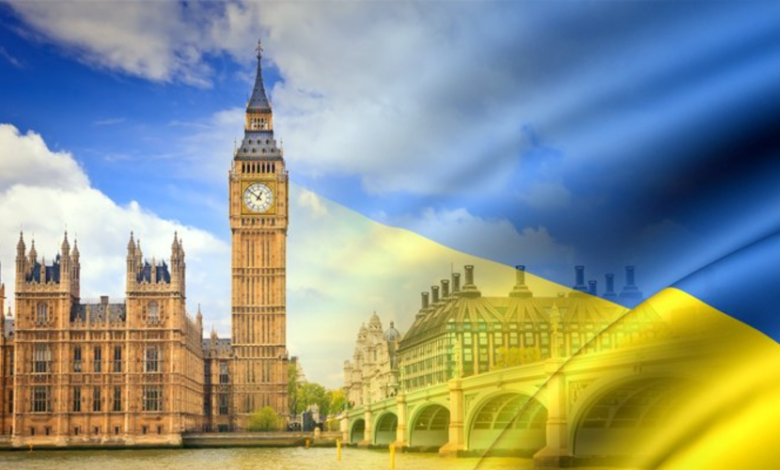Ukrainian refugees in the UK left uncertain about their future

During the full-scale Russian invasion, many European countries provided Ukrainians with an unprecedented level of support, protection and rights. However, recent developments indicate that the atmosphere of acceptance is gradually changing. States that until recently called shelter for Ukrainians a “moral obligation” are now increasingly beginning to talk about the need for return. This shift is particularly noticeable in Great Britain, where thousands of Ukrainians now find themselves in a situation of legal uncertainty.
The danger of returning and the lack of a plan for the future
More than 218,000 citizens of Ukraine have arrived in Great Britain since 2022, using two visa programs — Homes for Ukraine and Ukraine Family Scheme. Both initiatives provided temporary shelter, but did not include a clear prospect of permanent residence. These visas are expiring, and with it a period of relative security for tens of thousands of families.
For many, returning to Ukraine currently seems unrealistic. Yes, 36-year-old Lydia, who moved with an infant and a young child, said The Independent, that even a formal truce will not be a guarantee of security for her:
“In five years, the Russians may come again. My son will be taken to the army, and my daughter may be killed or raped.”
As for Lydia, for thousands of people, the current lack of immigration policy has turned life in Britain into waiting for a solution that no one promises.
Delay instead of resolution
As of June 2025, the UK government has extended the validity of temporary visas for another 18 months. However, no decision has yet been proposed regarding the mechanism for acquiring permanent status or a residence permit. The Ministry of Internal Affairs of the country argues its position by consistency with the policy of Ukraine — they say, Kyiv wants to return its citizens home. In 2024, a special Ministry of National Unity was even created to coordinate efforts to return more than 7 million refugees.
However, experts consider such an approach unilateral and ill-conceived. According to Stan Benes, head of the Opora charity, the return should be voluntary. He emphasizes:
“Ukraine, of course, needs people for reconstruction, but those who want to should return. It is necessary to give people the right to choose.”
Integration without stability
For more than two years, Ukrainians have actively integrated into British society: children go to school, learn the language, parents look for work, communities create new forms of interaction. However, the lack of long-term guarantees from the state holds back the process. People are unable to sign rental contracts for fear of losing their legal status. Employers are not ready to hire those who do not have clear prospects of staying. This creates a vicious circle of uncertainty that tens of thousands of people live in every day.
Ukrainians also remain one of the most vulnerable groups among migrants. Statistically, they have twice the risk of homelessness than the average UK resident. Instability forces some Ukrainians to apply for refugee status: in the first three months of 2025 alone, about 380 such applications were submitted — three times more than in the entire year of 2024.
The behavior of Great Britain contrasts with the approach of the European Union. In March 2025, the EU decided to extend temporary protection for Ukrainians until March 2027. This means that Ukrainian citizens in most EU countries have guarantees of access to education, medicine, social services and employment for at least two more years.
In Britain, the future remains unclear. Human rights defenders, activists, and humanitarian organizations call on the government to follow the example of the EU and develop not only the extension of temporary permits, but also the mechanism of transition to permanent status. It is proposed, in particular, to extend the validity of visas to three years and to give people access to permanent residence procedures.
Today, tens of thousands of Ukrainian families who managed to escape the war remain in Great Britain without confidence in the future. They have already become part of local life, created new communities, adapted to new realities – but in the legal sense they still do not have the right to call it their home. In a situation where return threatens life and well-being, and the country of residence does not provide long-term protection, Ukrainian refugees remain hostages of political caution.
Time is running out. Without action from the UK government, the number of people on the brink of losing status and social stability will increase. And what yesterday seemed like a humanitarian responsibility, today turns into a crisis of trust between citizens and the state.





